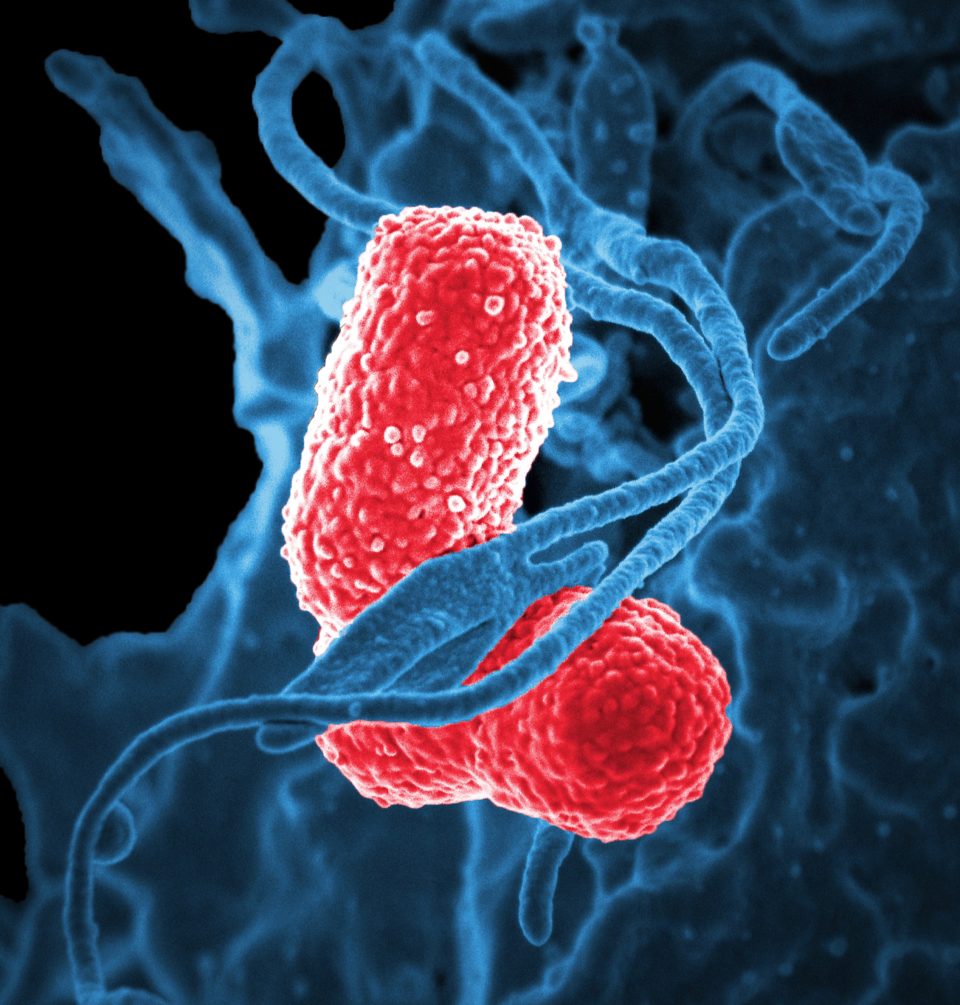Pneumonia is an infection that causes inflammation in the lung sacs of one or both lungs. It can be caused by bacteria, viruses, and fungi. The air sacs in the lungs are filled with water or pus. This leads to difficulty in breathing and persistent coughing.
It is fatal in young kids and the elderly as their immune system is weak. It can also attack people with health complications and weakened immune systems. According to MedicineNet, around 500,000 people die due to pneumonia complications.
Which are the different types and causes?
The types of pneumonia may be based on where the infection is acquired:
- Community-acquired: it is acquired outside the hospital. It is the most common type of pneumonia. According to MedicineNet, it is common during the winter season and affects approximately 4 million people.
- Hospital-acquired: It is acquired in a hospital setting. It is more serious since it affects an already ill patient undergoing another type of treatment.
Other types of pneumonia include:
- Lipoid: This typically leads to the accumulation of fats in the lung sacs.
- Lobar: Leads to the inflammation of a single lobe and affects all the air spaces in that lobe.
- Bronchopneumonia: leads to scattered inflammation of air spaces across the entire lungs. It is the most difficult type of pneumonia to diffuse.
It may also be classified according to the causative agent:
- Bacterial: the most common causes of bacterial pneumonia are streptococcus pneumonia and Legionella pneumophila.
- Viral: viruses are the main cause of pneumonia in young kids and the elderly. This type is not as severe as bacterial pneumonia. It usually lasts for a short time.
- Fungal: fungi found in the soil can cause pneumonia especially for people who inhale it in large amounts. People with a weakened immune system are also prone to this type.
- Mycoplasma: mycoplasma causes mild pneumonia in small kids and the elderly.
What are the symptoms?
Symptoms can range between mild and severe. Several factors such as age and overall health can affect the magnitude of the symptoms. Mild symptoms include coughing. Other signs are:
- Chest pain when coughing
- Fever and chills
- Fatigue
- Sweating
- Vomiting and nausea
- Shortness of breath
- Older people suffer from confusion
- Lower than normal body temperature
- Bacterial pneumonia may cause high temperatures which can lead to uncontrolled sweating and confusion
- Viral pneumonia may lead to wheezing and later you may experience a high fever.
What are the risk factors?
Age: Young kids from the age of 2 are more prone to pneumonia. The elderly are also prone.
Chronic disease: you are at a higher risk of developing pneumonia if you suffer from chronic illnesses such as heart disease or asthma.
Smoking: smoking tends to suppress the immune system making you more prone to germs that cause pneumonia. Smoking also causes hiccuping.
Hospitalization: if you are in an intensive care unit, you are at a greater risk of pneumonia.
Pneumonia treatment
Home treatment
If the pneumonia is not severe, you can opt for home treatment. Taking an antibiotic such as amoxicillin will help cure the symptoms. It is usually effective across all pneumonia types. Antibiotics treatment works for most people and the symptoms should improve in three to four days. If the symptoms persist for more than two weeks, you should consult the doctor once again.
You should also have plenty of rest as one feels fatigued as the symptoms improve. Take lots of fluids to avoid dehydration. You should also avoid overworking yourself at this stage.
Hospital treatment
In case the symptoms persist and you get worse, hospital admission may be required for doctors to keep a close eye on you. They will check on your temperature, breathing and heart rate. Some of the treatment options may include:
- Oxygen therapy: usually administered to keep the oxygen levels in your blood in check. In most cases, you receive the oxygen through a face mask or a nasal tube.
- Intravenous antibiotics: Involves injecting the antibiotics into the blood vessels.
- Respiratory therapy: involve a number of exercises to help you breathe normally. The doctor may also introduce the medicine directly into the lungs.
Prescribed treatment
Prescription of antiviral, antibacterial or antifungal drugs is done in reference to the orgasm that caused the infection. Most people will respond well to antibiotics and within three days the symptoms improve dramatically. Prescription of over-the-counter medicine is done to relieve the pain. Coughing syrup calms your cough.
Which are the potential complications?
It may cause a variety of complications especially the young kids and the elderly. People with chronic infections can also suffer from the following complications:
- Difficulty in breathing: You may have difficulty breathing enough oxygen. For this matter, you may need a ventilator to help you breathe as the lungs recover.
- Lung abscess: pus-filled lung cavities. The abscess can be treated using antibiotics or drainage of the pus using a long tube placed in the abscess.
- Bacteremia: pneumonia-causing bacteria can enter the bloodstream leading to low blood pressure. It can also lead to fatal organ failure.
- Pleural effusion: if you don’t get immediate medical attention, fluid can accumulate in your pleural. Surgery can remove the fluid if infected.
- Death: in severe cases, it leads to death. According to Healthline, 60,000 United States citizens die due to pneumonia complications.
Is it preventable?
Yes, you can prevent yourself from getting pneumonia. You can follow the following guidelines:
- Vaccination: Vaccination wards off the infection. Have your doctor vaccinate you against the disease. This way when the infection attacks, it won’t last for long and the symptoms will be mild.
- Practice good hygiene: wash your hands regularly with soap to protect yourself against germs that cause the disease.
- Quit smoking: it makes you more prone to respiratory infections such as pneumonia.
- Observe a healthy lifestyle to keep your immune system in check: you should exercise regularly, eat a balanced diet and avoid stress.


